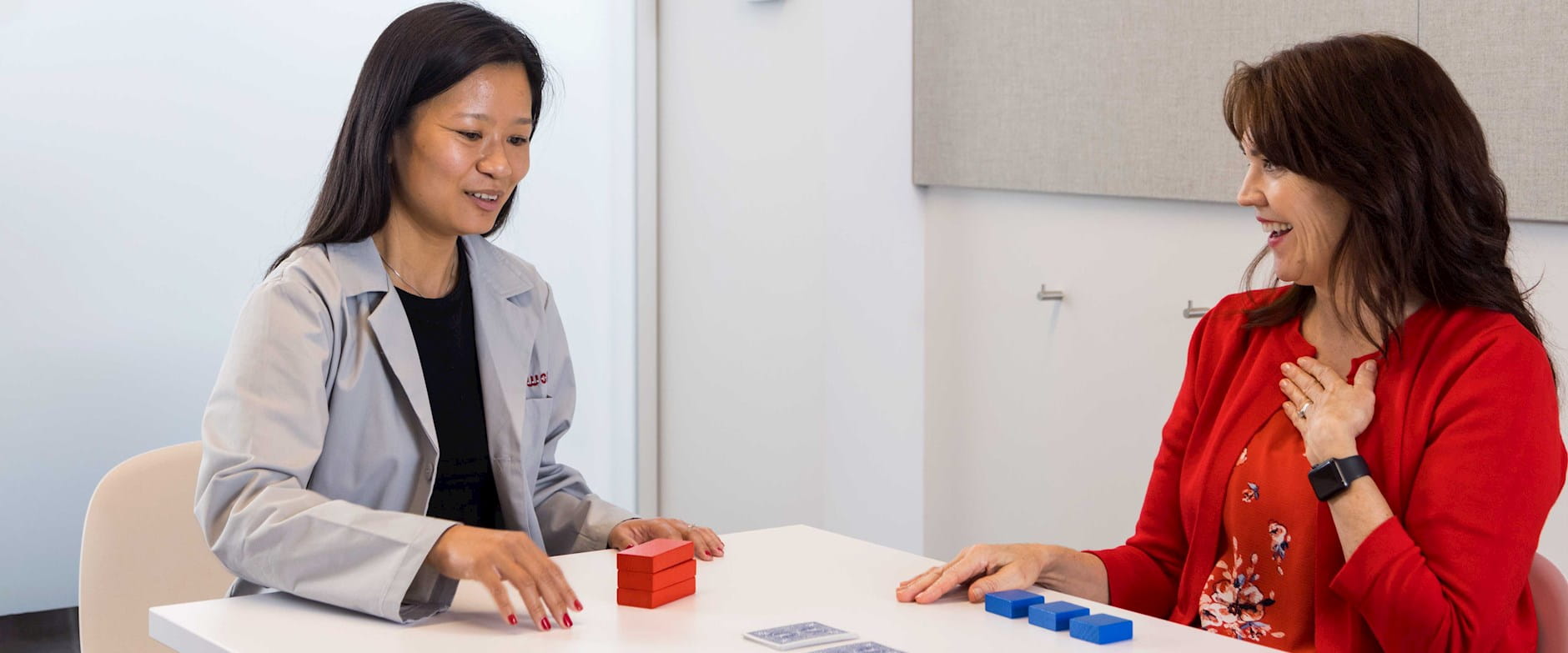
Behavioral science describes the study of human behavior through the use of systematic experimentation and observation. Behavioral scientists study when and why individuals engage in specific behaviors by experimentally examining the impact of factors such as conscious thoughts, motivation, social influences, contextual effects, and habits. Several disciplines fall under the broad label of behavioral science, including:
- Anthropology
- Behavioral economics
- Cognitive psychology
- Consumer behavior
- Social psychology
- Sociology
In order to understand the full complexity of human behavior, some behavioral scientists synthesize theories, concepts, and methodologies across some of these disciplines. For example, the field of behavioral economics emerges from bringing insights from psychology to bear on economic behavior, thereby predicting and explaining behavior that is not anticipated by standard economic theories.
Behavioral science research is diverse and expansive. Behavioral scientists study why humans sometimes behave in a way that may not maximize their own well-being, such as making choices in the present that do not maximize their happiness in the future; examine how seemingly arbitrary contextual factors influence our decisions, beliefs, and attitudes; test how different incentives affect people’s motivation and behavior; analyze how people judge others’ traits and characteristics based on features of their face or voice; investigate how consumers can be encouraged to make, avoid, or change spending decisions; and design policy interventions that can help people make choices that they would personally recognize as optimal in the long run.







